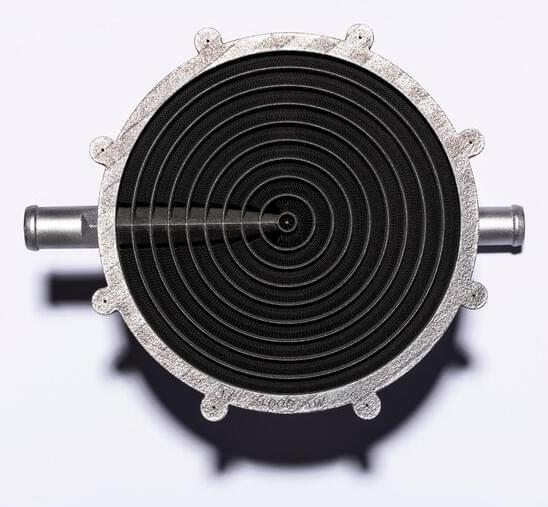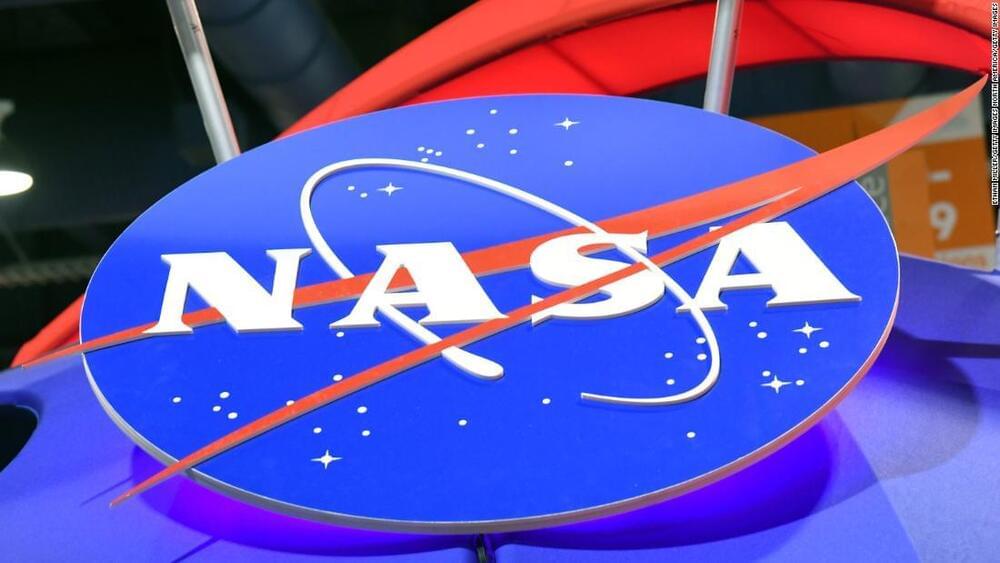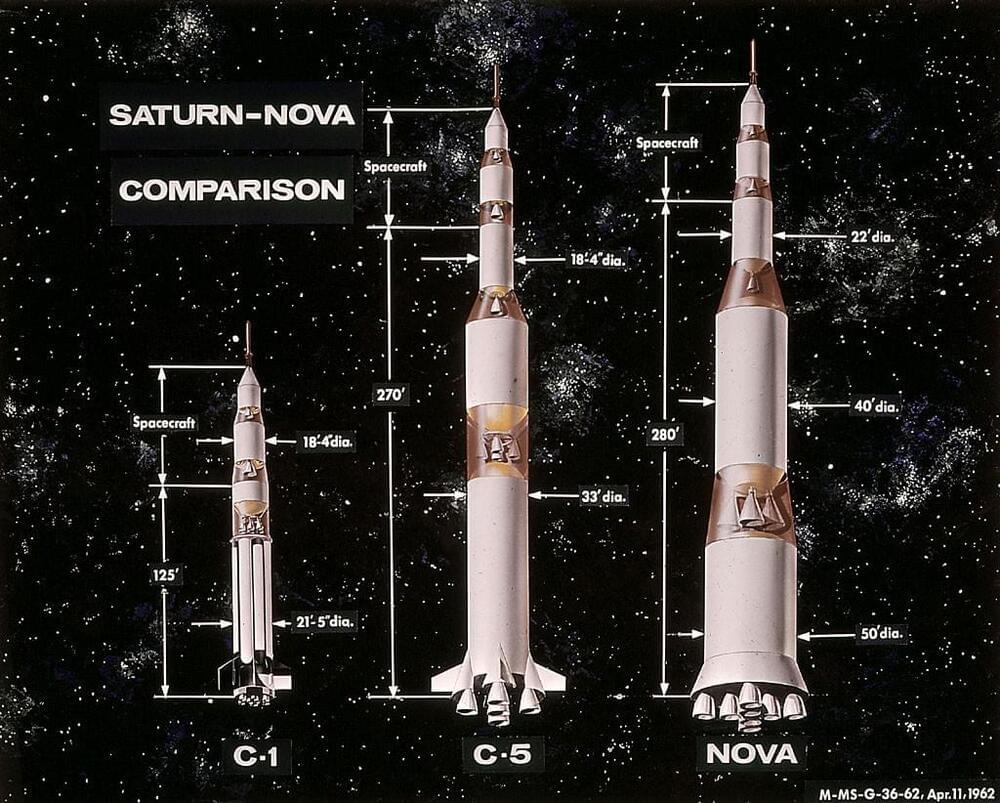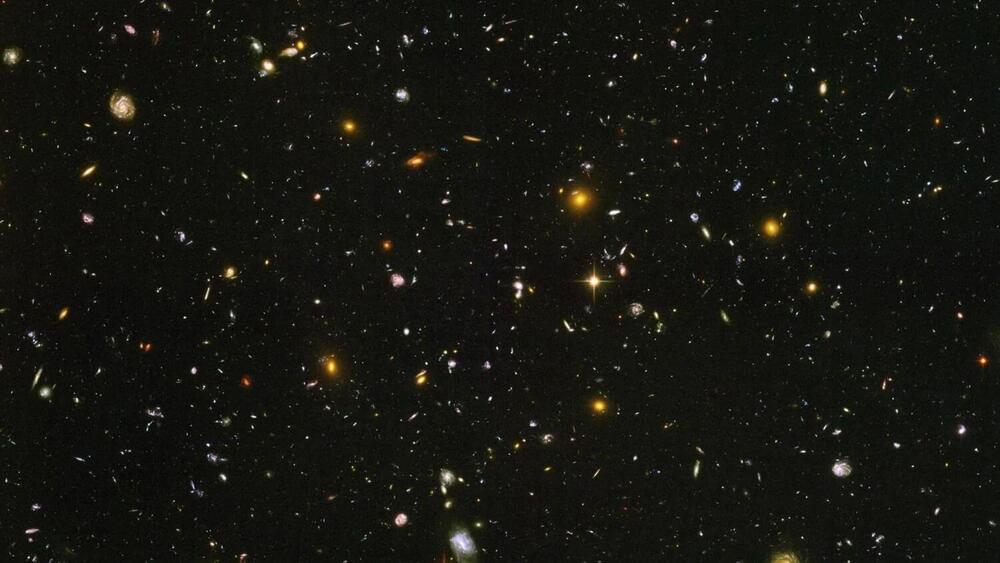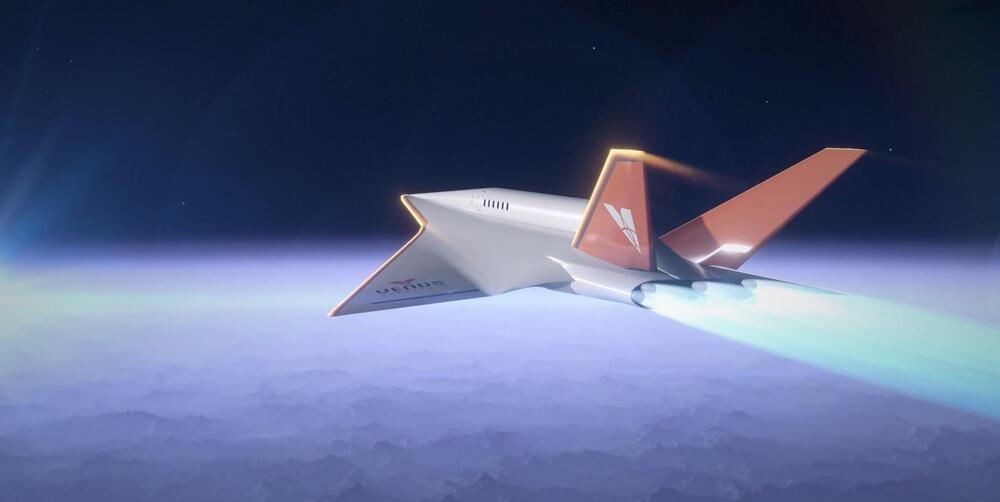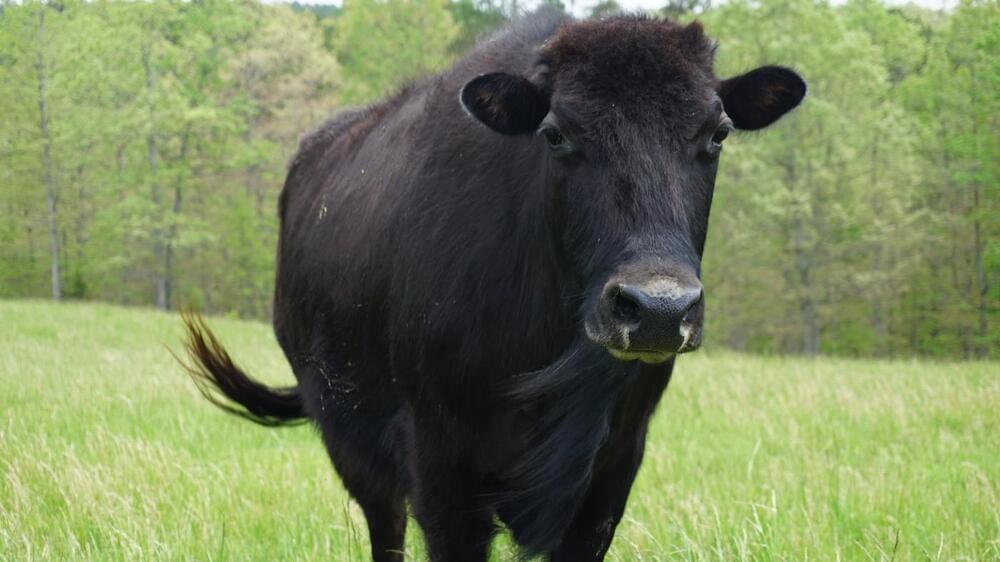Conflux has specialized in making heat exchangers since its inception. Previously, the company collaborated with GKN to make its technology available in Europe. We interviewed CEO Michael Fuller, including on the 3DPOD. We also saw how the startup obtainined a series A round. The next step in Conflux’s development is the mass customization of its heat exchange products.
So far, Conflux offers individually designed heat exchangers to order. Usually for F1 teams and high-end industrial applications, these high-value heat sinks have all been unique and made specifically for their applications. That’s all well and dandy, of course, but it won’t really scale.
Now. the company has developed an annular water charge air cooler (WCAC) heat exchanger. WCAC heat exchangers are all the rage in automobiles now because they can potentially be more efficient in engine cooling than plate or other heat exchangers. WCACs could potentially improve mileage, top speed, and reduce A/C consumption in passenger cars. In racing, they probably won’t focus too much on the A/C consumption, but would be very pleased with the other potential advantages.
